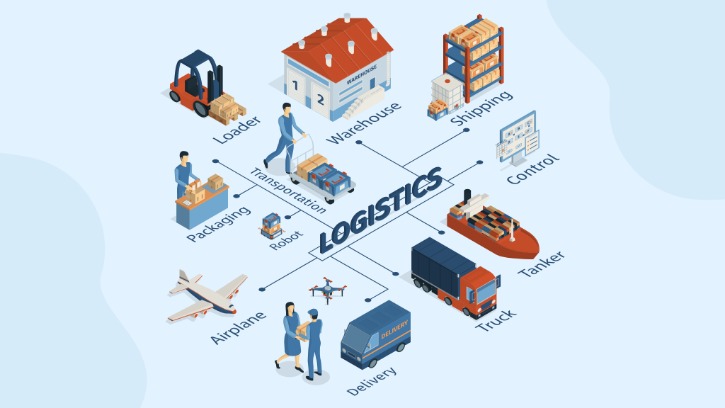In a world driven by mass production and global trade, the call to shop local has never been more critical. Embracing local businesses not only supports your community economically but also culturally and socially. Here’s why you should consider shifting your purchasing habits towards local businesses.
Why You Should Shop Local
Choosing to shop local offers a myriad of benefits that go beyond mere transactions. When you support local businesses, you’re investing in your community’s prosperity.
- Economic Impact: Local shops recirculate a larger share of every dollar as they create locally owned supply chains and invest in their employees.
- Environmental Benefits: Shopping locally reduces carbon footprints since products often require less transportation.
- Community Investment: Local businesses are more likely to support community initiatives and donate to charities compared to chains.
- Unique Product Offerings: Local shops provide unique products that you won’t find anywhere else, adding a layer of charm to your community.
How to Support Local Businesses
Transitioning to support local businesses is simple and highly rewarding:
- Prioritize purchasing from local stores rather than large chains when possible.
- Attend local farmers’ markets for fresh produce and handmade goods.
- Share your experiences on social media to encourage friends and family to do the same.
- Purchase gift cards from local shops to share as presents.
Frequently Asked Questions
Q: How do I find local businesses in my area?
A: Start by exploring online directories, community bulletin boards, and attending local events to discover neighborhood businesses.
Q: What if local products are more expensive?
A: Consider the quality and sustainability of local products. Often, the superior quality and the positive community impact justify the cost.
Q: How else can I support local businesses?
A: Beyond purchases, you can volunteer or participate in community events hosted by local shops.
Committing to shop local helps foster a thriving community with sustainable economic growth and a unique cultural identity. It’s a partnership that benefits everyone involved.



